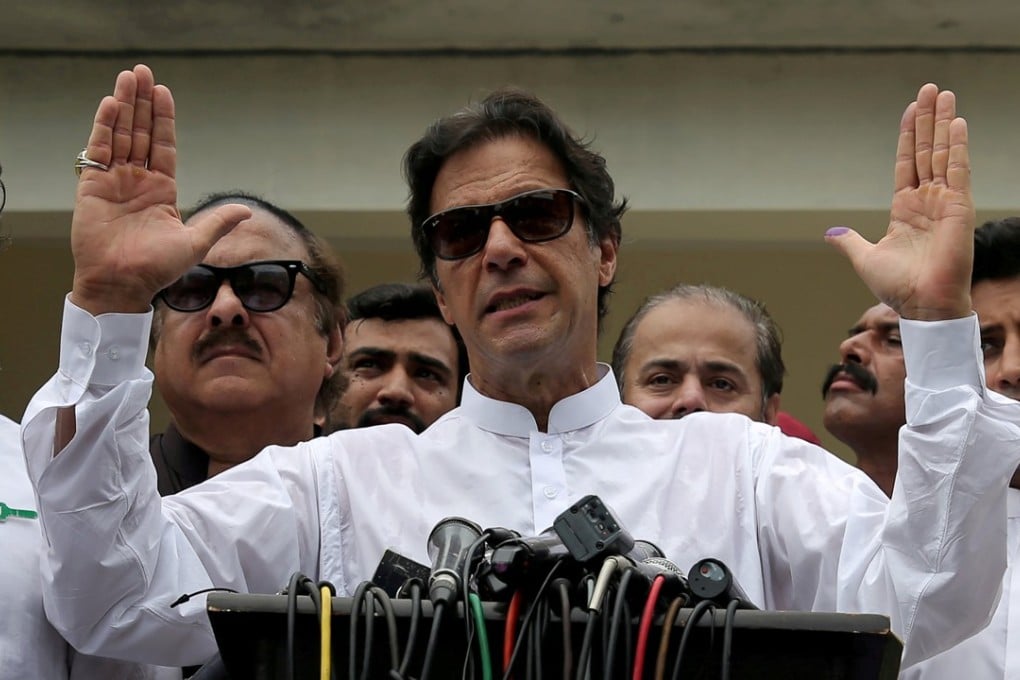Advertisement
Opinion | Pakistan’s Catch-22: how can it keep Chinese investors happy, but not alienate the US?
- Abdul Basit says the political skills of Pakistan’s new government are being put to the test. Islamabad must ensure progress on its belt and road projects with China, and still win Washington’s support to get an IMF loan and stay afloat
Reading Time:4 minutes
Why you can trust SCMP
0
Listen

After years of political and economic competition, things have come to a head between the US and China. In recent months, both sides have imposed tariffs on each other’s imports. On September 30, a Chinese Navy warship sailed within 41 metres of a US destroyer near one of the islets that China claims in the Spratly archipelago in the South China Sea.
Two days later, US Vice-President Mike Pence delivered a scathing anti-China speech at the Hudson Institute that has been regarded as an official declaration of a “new cold war”. To counter China’s Belt and Road Initiative, the US has announced an “Indo-Pacific” strategy, which includes technology, energy and infrastructure initiatives in emerging Asia.
In its most recent national security strategy report, the Trump administration prioritised the Indo-Pacific over Europe, the Middle East and all other regions. Specifically, the report categorises both China and Russia as disruptive forces, which “challenge American power, influence, and interests, attempting to erode American security and prosperity”. (Iran and North Korea are not far behind in the report.)
This new competition will have far-reaching consequences for global trade, peace and inter-state relations. In the ensuing political rebalancing, new rivalries and alliances will be born.
The worsening US-China relationship comes at a time when a new Pakistani government is grappling with a multitude of economic and diplomatic challenges. The US-China tug of war has forced Pakistan to walk a tightrope between retaining Chinese investment in infrastructure and securing US support for a bailout package from the International Monetary Fund to avert a balance-of-payments crisis.
Advertisement

